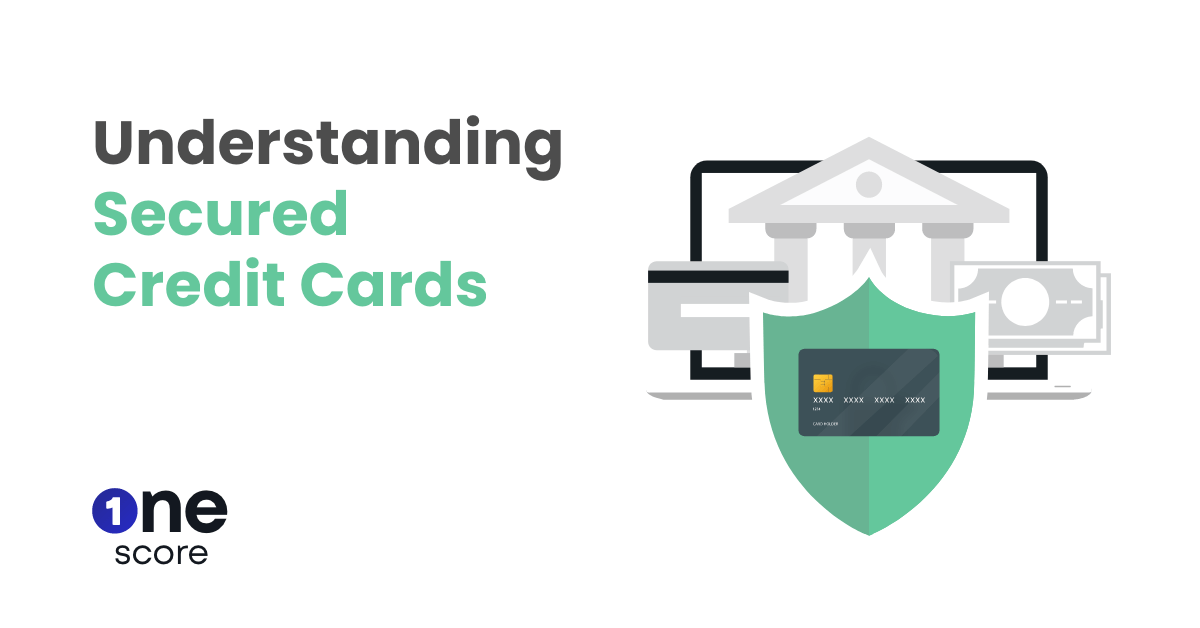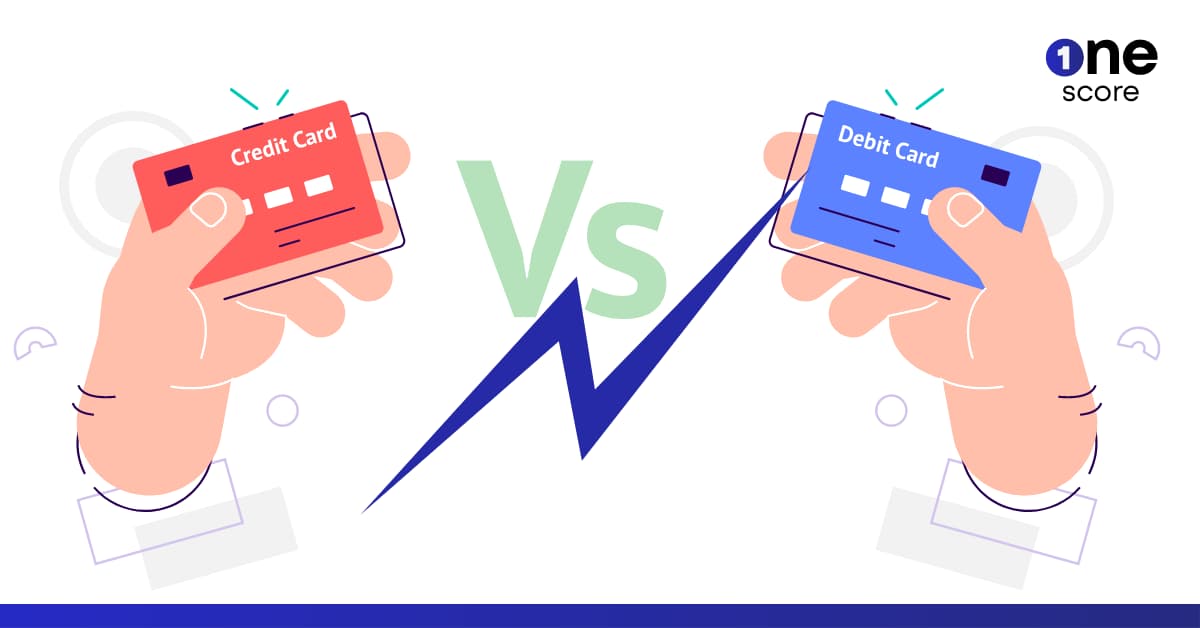Will my credit score decrease if I settle my loan?
Understanding the difference between loan closure and loan settlement, and how it impacts your credit score.

General Introduction
You might think going for a loan settlement will hit two birds with one stone - your loan and your credit score both will be sorted, but that is not the case. There is a big difference between loan “closure” and loan “settlement”.
When you pay all your monthly instalments on time and repay the loan amount within the given time, the lender closes the account. This is called “loan closure”. The timely repayment of your loan instalments ultimately and loan closure - positively impacts your credit score as the information of you successfully paying off your loan is passed by the lender to the bureaus.
Loan ”settlement” on the other hand, is when you are unable to meet your repayment commitment towards a loan due to unforeseen situations. After thoroughly assessing your reason, banks might offer you the option of a one-time settlement, also called a “loan settlement.” In the bank’s account, the status of the loan will be closed; however, for the credit bureau, the loan status will reflect as “settled.”
Now here’s the catch, a closed loan is considered positive by the credit bureaus, but a loan settlement is viewed to be negative behaviour. The reason is simple since, in a closed loan, the full amount is paid and on time, whereas a loan settlement is when a partial amount is paid to repay the loan due to no other option.
Read on to get a clear understanding of loan settlement, when to avail of it, its impact on your credit score and how to improve it post a settlement.
When should you go for a loan settlement?
Loan settlement might seem like a good option, but you should only consider it when all other doors are closed. These doors include options like withdrawing funds from a fixed deposit, other saving or investment instruments, or asking help from your friends and family.
Make sure you consult with a financial advisor before settling your loan. Additionally, it is important to go for settlement only if you can completely pay your settlement amount within the given amount of time.
Loan settlement, and how does a lender process it?
Once the lender is convinced that your reason for non-payment is genuine on your part, you can get a non-repayment period of up to 6 months. The lender will also write-off some amount depending on the situation, making it easier for you to settle the loan. However, it is important to remember that you can opt for this option only if you agree to settle the remaining loan amount in one go.
However, this brings down your credit score and impacts your credit history. It can take up to seven years for a negative statement to get cleared off from your credit history. Not only this, but it makes it difficult for you to take loans or credit cards in the future due to this negative remark on your credit report. More often than not, people don’t realise the impact of loan settlement on their credit report till they apply for a new loan or a credit card.
How does a loan settlement affect your credit score?
When you settle your loan, and the bank writes it off, they report the same to the respective credit bureau like CIBIL, Experian, Equifax, CRIF High Mark. Since a settled loan is considered a negative entry by credit bureaus, it results in subtracting a certain amount of points from your credit score. This entry will remain in your credit history for the next seven years and will result in a drop by 75-100 points from your credit score, depending on the bureau. Hence, your loan application in the future is sure to be affected.
Before approving loan applications, banks and lenders will take a look at your credit score and credit report. If your credit score shows any loan settlement or non-repayment in the past, there is a high possibility your loan can get rejected.
Click here to get your free credit score.
Here’s how you can improve your credit score after a loan settlement
Make regular payments: Making all your other loan and credit card payments in full and on time is the best and fastest way to build your credit score, as it accounts for almost one-third of your credit score.
Keeping a check on your credit utilisation: Credit utilisation ratio (CUR) is the percentage of credit limit used by you against the total limit assigned to you. Try not to spend more than 30% of your overall credit limit. Overspending and over utilising your credit limit makes you look like an impulsive spender and hungry for credit which spoils your credit score.
While improving your score, keeping your eye on the target is very important. It would be best if you approached it with the focus to repair your score and not get further credit.
Have you ever settled any loan? Check your credit score and get a detailed credit report from CIBIL and Experian on the OneScore app. Also, get regular updates and personalised tips to improve your credit score within the app.
**Disclaimer: The information provided on this webpage does not, and is not intended to, constitute any kind of advice; instead, all the information available here is for general informational purposes only. FPL Consumer Services Private Limited and the author shall not be responsible for any direct/indirect/damages/loss incurred by the reader in making any decision based on the contents and information. Please consult your advisor before making any decision.



- OneScore , June 01, 2021

